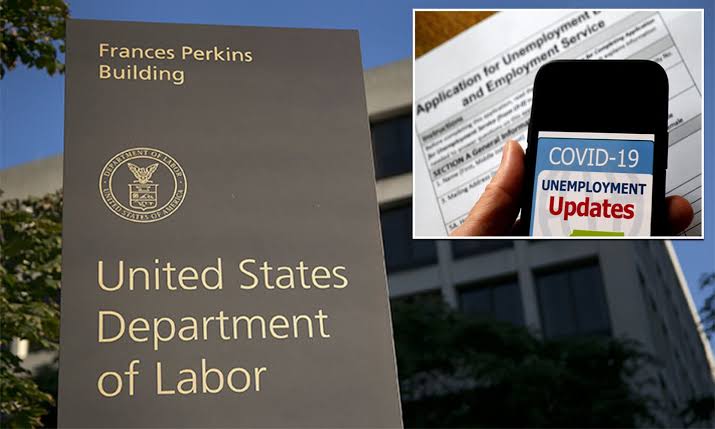$36 billion in unemployment benefits have reportedly been stolen from the U.S., according to analysis from the Office of the Inspector General for the Department of Labor.
Washington state was hit first. Unemployment requests flew to 10x the expected rate.
Since then, scammers have targeted all 50 states, stealing thousands of identities and siphoning billions from the unemployed.
According to CNBC, 10 percent of the $360 billion Congress allotted for unemployment benefits in the Cares Act have been improperly distributed, mostly due to scams that have taken those benefits away from unemployed workers.
Read also: Yuletide: NSCDC to Ensure Effective Security Across the Country
The fraud has prompted several states, including California, to freeze benefits as they implement changes to combat the theft.
“This is the largest fraud attack on the U.S. ever. Period,” Blake Hall of ID.me, a company that provides identity-verification to state unemployment agencies, told CNBC. “And it’s not even close.”
In response to the fraudulent activities, the new COVID-19 relief package signed in December includes measures to prevent theft of future unemployment benefits.
The fraud primarily took place under the Pandemic Unemployment Assistance program for self-employed and gig workers, an expansion in the CARES Act that covered workers the are usually ineligible for unemployment benefits. In some states, more than 35 percent of PUA applications were fraudulent.

